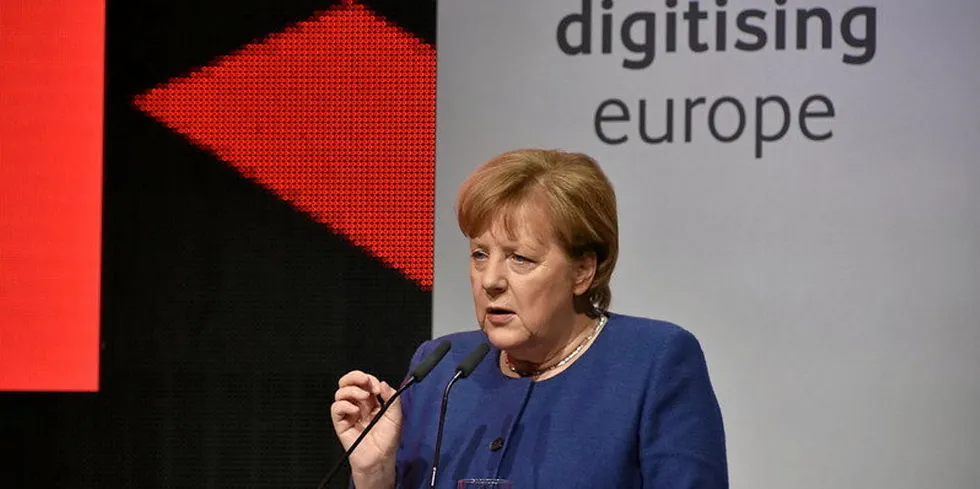Renewables sector demands changes as German energy reform approved in cabinet
Too low power consumption assumptions, new hurdles for solar and a lacking framework for geothermal are being criticised

Too low power consumption assumptions, new hurdles for solar and a lacking framework for geothermal are being criticised
